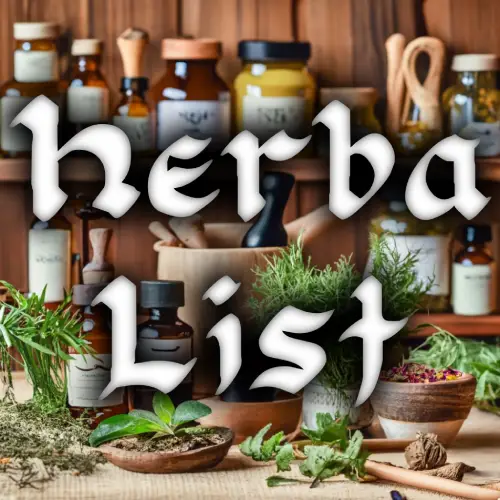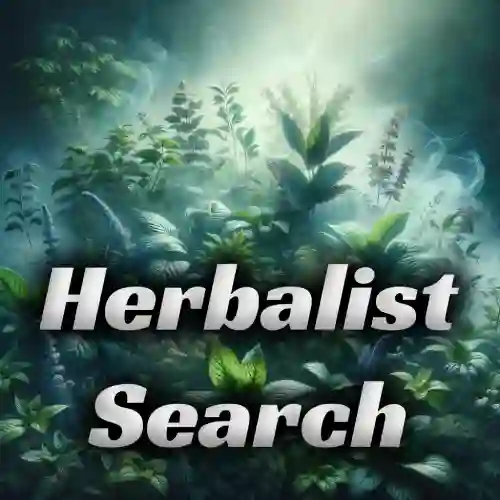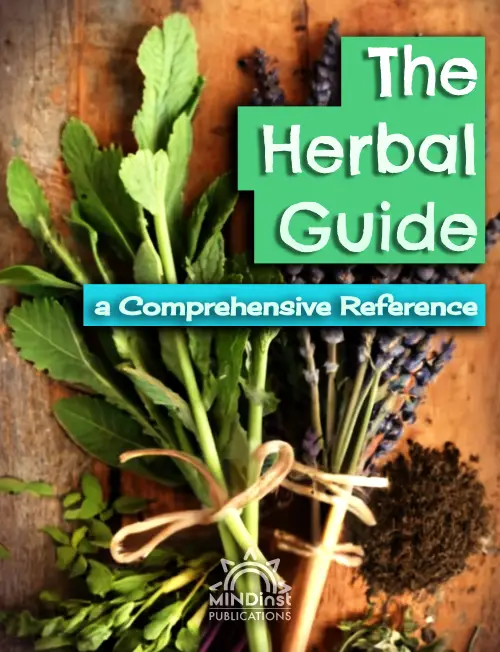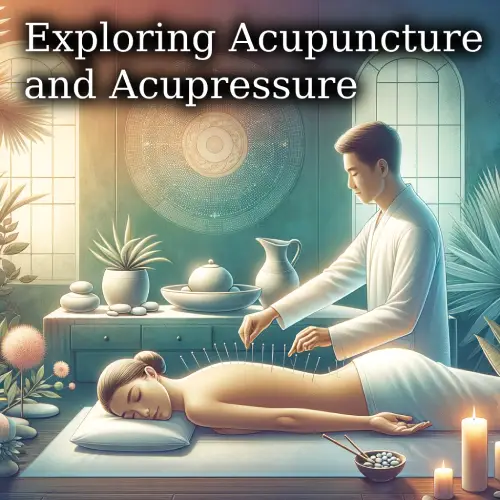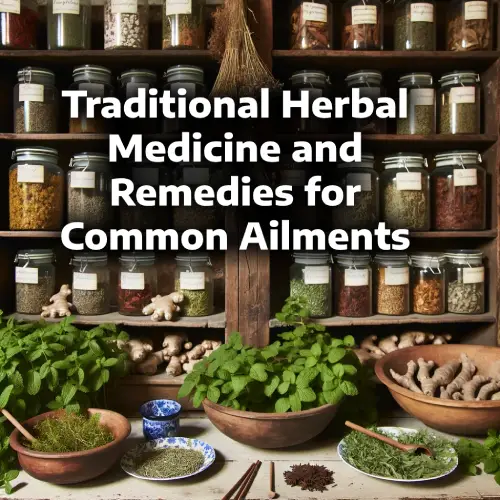
Traditional Herbal Medicine and Remedies for Common Ailments
Written by: Frankus RollyDate: 21.02.2024
Tags:
Herbs Benefits Uses
Introduction to Traditional Herbal Medicine
Traditional herbal medicine, also known as herbalism or botanical medicine, uses plants and their extracts to heal and promote well-being. This practice, one of the oldest healing forms, has a rich history across various cultures and continents, utilizing the inherent healing properties of plants.
Origins and History
The medicinal use of plants is ancient, dating back thousands of years across civilizations like the Egyptians, Greeks, Chinese, and Indigenous peoples. These practices were refined through observation and trial, focusing on the specific therapeutic effects of different plant parts such as leaves, flowers, roots, and bark, prepared in various forms like teas, tinctures, and topicals.
Principles and Philosophy
Traditional herbal medicine believes plants contain compounds that interact therapeutically with the body. This holistic approach treats the individual as a whole, supporting the body's natural healing capabilities to restore balance and address health issues at their root.
Traditional Uses and Efficacy
Herbal medicine is effective for a range of conditions. Each herb is chosen for specific health benefits, such as chamomile for its calming effects and ginger for aiding digestion. These remedies support various body functions, enhancing overall health and vitality.
Safety and Precautions
While generally safe, herbal medicine should be used under professional guidance, especially due to potential interactions with medications. Quality sourcing and proper dosages are vital to avoid adverse effects.
Herbal Remedies for Common Ailments
Herbs have been used traditionally to treat a variety of ailments, offering natural and holistic healing options.
Herbal Remedies for Digestive Issues
- Peppermint for indigestion and bloating.
- Ginger to aid digestion and reduce nausea.
- Chamomile to calm an upset stomach.
- Fennel to relieve gas and bloating.
Herbal Remedies for Respiratory Issues
- Eucalyptus for decongestion.
- Thyme to soothe coughs and relieve congestion.
- Licorice root to ease sore throats and reduce coughing.
- Marshmallow root to alleviate throat irritation.
Herbal Remedies for Stress and Anxiety
- Lavender and chamomile for their calming effects.
- Lemon balm to reduce stress and anxiety.
- Ashwagandha to help the body adapt to stress.
Herbal Remedies for Sleep Issues
- Valerian root and passionflower to promote sleep.
- Chamomile and lavender to enhance sleep quality.
Conclusion
Traditional herbal medicine offers a profound way to support health naturally. By understanding and utilizing these natural remedies, individuals can enhance their well-being and manage common ailments effectively.


